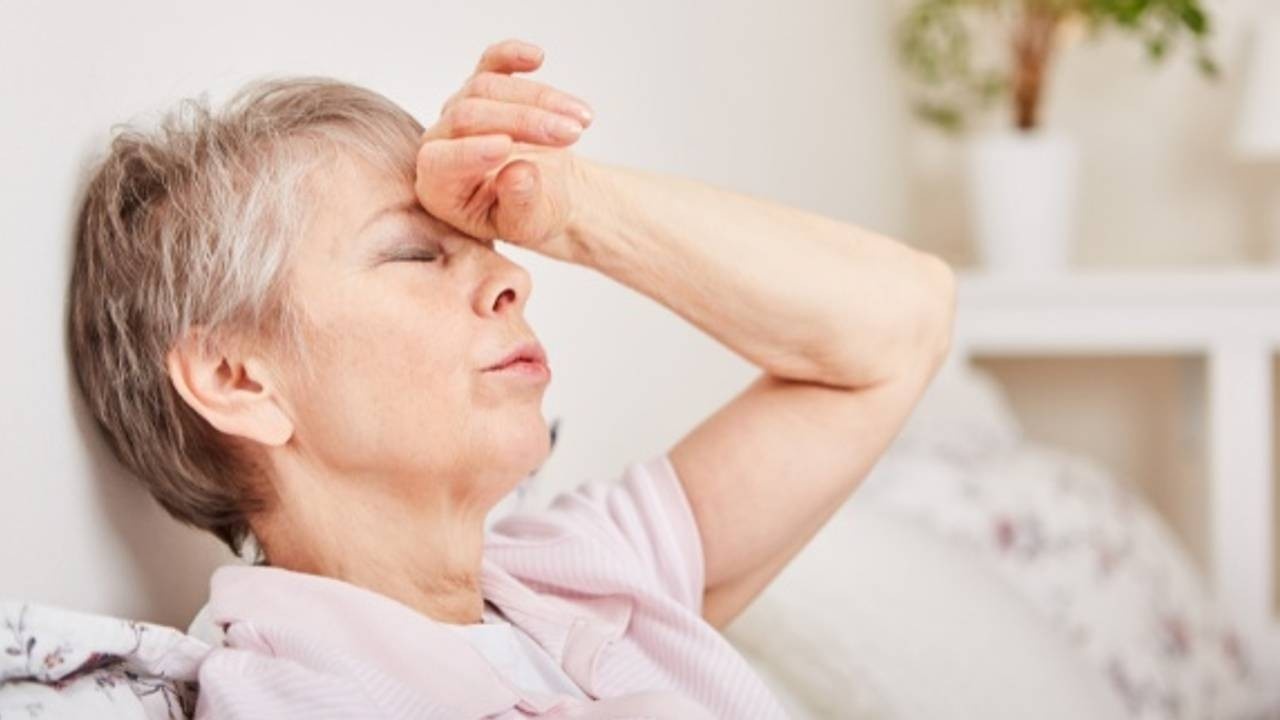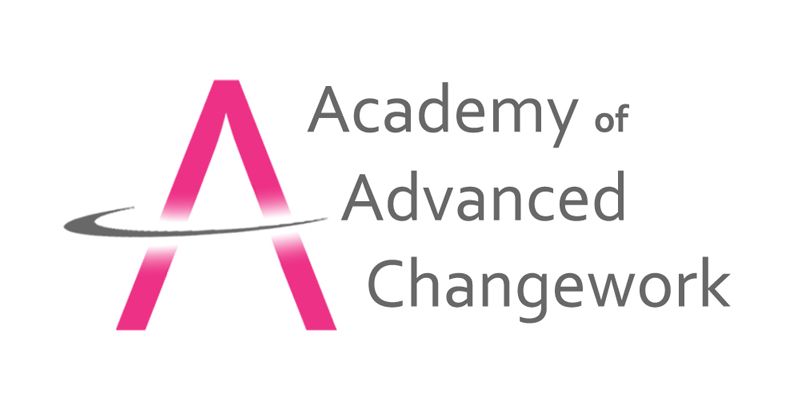
Hypertension; the silent killer
Hypertension, a serious medical condition that significantly increases the risks of heart, brain, kidney, and other diseases, affects an estimated 1.13 billion people worldwide (WHO).
In 2015,1 in 4 men and 1 in 5 women had hypertension with fewer than 20% of all people with hypertension being in control of the problem.
One of the global targets is to reduce the prevalence of hypertension by 25% between 2010 and 2025 (WHO).
Hypertension can occur at any age and at any time and has been called a silent killer since most people who have it aren't aware they have it. For this reason, owning your own blood pressure monitor can enable you to keep a good check from the comfort of your own armchair!
When symptoms do occur, they can include early morning headaches, nosebleeds, irregular heart rhythms, vision changes, and buzzing in the ears. Severe hypertension can cause fatigue, nausea, vomiting, confusion, anxiety, chest pain, and muscle tremors.
Chronic hypertension can cause serious damage to the heart. Excessive pressure can harden arteries, decreasing the flow of blood and oxygen to the heart and increasing the risk of having a heart attack. Hypertension can also burst or block arteries that supply blood and oxygen to the brain, causing a stroke.
The likelihood of being placed on long-term medication for hypertension by your GP is very high, and for those of us who prefer natural remedies, there's a lot we can do to prevent and reduce our high blood pressure.
For example, we can modify our diet to reduce calories, weight, salt, and saturated and trans fats, and increase our fruit and veg intake. In addition, we can engage more in daily exercise, reduce alcohol, and stop smoking (including avoiding passive smoking). In the short term, we can bring it down by sipping a strong dose of hibiscus tea or taking a hot bath or a brisk walk.
We are also at more risk if we have co-existing diseases such as diabetes, obesity, and heart or kidney disease. So by gaining control over other chronic conditions we are reducing our risk of hypertension.






